+ JMJ +
A painting by Nicholas Brian Tsai. The original hangs in Our Lady of Lourdes Church, Oakland, CA. The painter is a member of Holy Trinity Orthodox Cathedral in San Francisco.
The other weekend, Robs and I watched the film, "Entertaining Angels: The Dorothy Day Story," a biopic about the early life of Catholic Worker founder, Dorothy Day, played by Catholic actress, Moira Kelly.
According to Wikipedia, Day was an American journalist, a social activist and a devout Catholic convert. While watching the movie, I didn't really relate to her political and social activism, which the film focused on. I was only interested in the spiritual dimension of her story and was touched more by her conversion and her way to holiness. I later on found this blurb from her Wikipage, which I thought was interesting:
Spiritual Awakening
Dorothy's parents were nominal Christians, rarely attending church. As a young child, she showed a marked religious streak, though, reading the Bible frequently.
(That means, even though she was born in a secular-minded family, God had gifted her with a spiritual nature that made her attracted to religion. Interesting .... )
When she was ten she started to attend an Episcopalian church, after its rector had convinced their mother to let the Day brothers join the church choir. She became taken with the liturgy and its music. She studied the catechism, and was baptized and confirmed in the church.
(Wow, and to think that she did all of this on her own at a young age and without any encouragement from her parents.)
Despite this, she saw herself as agnostic.
(Unfortunately, without any religious guidance from her family, she still lacked the spiritual formation needed to go in the right direction. Just goes to show how important it is to have, not only a loving family, but one that fervently practices the Faith. Still, God was already wooing her .... )

February 9, 1917
Initially Day lived a bohemian life, with one common-law marriage and an abortion, During this period, however, Day began a period of spiritual awakening which would lead her to embrace Catholicism. She had picked up a rosary in New Orleans during the course of her many moves around the country, and would start to recite the canticles she had learned at her childhood church in Chicago. She began to attend Mass on Sundays at the nearby Catholic church.
After the birth of her daughter, Tamar Teresa (1926–2008), Day chanced to meet Sister Aloysius, S.C., a Roman Catholic Religious Sister, walking down her street. She asked the Sister how she could have the child baptized. Sister Aloysius helped her, requiring Day to memorize the Baltimore Catechism for this.

With Tamar, c. 1932
Later on, she went to Sister Aloysius to arrange for her own admission to the Catholic Church. This took place in December 1927, with conditional baptism (due to her prior baptism in the Episcopalian Church) at Our Lady Help of Christians Parish on Staten Island, New York. Immediately after her baptism, she made her first Confession, and she made her First Communion the following day.
1930s
In the 1930s, Day worked closely with fellow activist Peter Maurin to establish the Catholic Worker movement, a nonviolent, pacifist movement that continues to combine direct aid for the poor and homeless with nonviolent direct action on their behalf. Inspired by the Catholic radicalism of Peter Maurin (played in the film by Catholic actor, Martin Sheen), Day set up "The Catholic Worker" as a voice for the poor. She devoted much of her time to feeding and sheltering New York City's dispossessed men, women, and children. Day said she saw the face of God in these suffering people.
In the early 1940s, she became an Benedictine oblate, which gave her a spiritual practice and connection that sustained her throughout the rest of her life.
For the last fifty years of her life, she was an activist for the homeless. She founded the Catholic Worker newspaper and social organization, both of which are currently still active. During the war years and the decades that followed, she was jailed numerous times for participating in anti-war and anti-nuclear marches. Around the middle of the century, she was widely regarded as a communist, but, by the time of her death, many viewed her as a living saint.
The cause for Day's canonization is open in the Catholic Church.
It was interesting to find out more about Dorothy Day's life, but the film, for me, was not one of the best. I would have loved to see more of her interior spiritual progress, and how her faith was a great source of strength for her work, in the same way that Mother Teresa and her Missionaries of Charity relied solely on God and their faith in Him to carry out theirs.
Yes, Day was a tireless and outspoken champion of the rights of the poor and disenfranchised, but she was not a mere social worker. The power of her faith and love for God, whom she saw in the poor, was the driving force behind her work. Because the movie did not develop this most important aspect, it lacked the depth. One reviewer wrote:
Yes, Day was a tireless and outspoken champion of the rights of the poor and disenfranchised, but she was not a mere social worker. The power of her faith and love for God, whom she saw in the poor, was the driving force behind her work. Because the movie did not develop this most important aspect, it lacked the depth. One reviewer wrote:
Ultimately, ... too much is skimmed over or completely ignored by this film. We see Day convert, but none of the powerful emotional and spiritual forces leading up to that crucial moment are shown.
There was one scene, though, that really moved me, and that was when a drunken prostitute named Maggie (played by actress, Heather Graham) stole her money and physically attacked her. Day initially reacted in anger and was about to hit her back with the cane Maggie used to beat her when, all of a sudden, the Grace of God overcame her, and she was struck by the act of violence she was about to commit -- on this person in front of her, who was, in reality, not the enemy, but Christ -- in the distressing disguise of a poor, lost, broken soul, desperately in need of love.
Day put down the cane and embraced Maggie instead, telling her that she loved her and that she was beautiful. Maggie, taken aback, resisted at first. But crying bitterly, she finally surrendered to Dorothy's embrace and accepted her loving comfort.
To attain to that level of sanctity, to help others in this way and show them Christ's Love ~ that is the goal, a goal that I can only pray for because I am so weak.Day put down the cane and embraced Maggie instead, telling her that she loved her and that she was beautiful. Maggie, taken aback, resisted at first. But crying bitterly, she finally surrendered to Dorothy's embrace and accepted her loving comfort.
Prayer For The Canonization
of Servant of God
Dorothy Day
Merciful God, you called your servant
Dorothy Day to show us the face of
Jesus in the poor and forsaken.
By constant practice
of the works of mercy,
she embraced poverty and witnessed
steadfastly to justice and peace.
Count her among your saints
and lead us all to become friends of
the poor ones of the earth,
and to recognize you in them.
We ask this through your Son
Jesus Christ, bringer of good news
to the poor.
Amen
Quotes from Dorothy Day:
We are not expecting Utopia here on this earth. But God meant things to be much easier than we have made them. A man has a natural right to food, clothing, and shelter. A certain amount of goods is necessary to lead a good life. A family needs work as well as bread. Property is proper to man. We must keep repeating these things. Eternal life begins now. All the way to heaven is heaven, because He said, "I am the Way." The cross is there, of course, but "in the cross is joy of spirit." And love makes all things easy.
~ On Pilgrimage, 1948
The best thing to do with the best things in life is to give them up.
~ Interviewed in Time (29 December 1975)
Our rule is the works of mercy…. It is the way of sacrifice, worship, a sense of reverence.
~ As quoted in The Encyclopedia of American Catholic History (1997)
Variant: [Practicing] the works of mercy ... is our program, our rule of life.
~ As quoted in The Catholic Worker after Dorothy: Practicing the Works of Mercy in a New Generation (2008) by Dan McKanan
Promotional tagline for the film, "Entertaining Angels : The Dorothy Day Story (1996):"
The title refers to the practice endorsed in the early Christian teachings of St.Paul, of treating strangers as angels or visiting emissaries of royalty or divinity, as written in Hebrews 13:2 ~ Be not forgetful to entertain strangers, for thereby some have entertained angels unawares.
Dorothy Day, Servant of God, pray for us!
Sources:


















































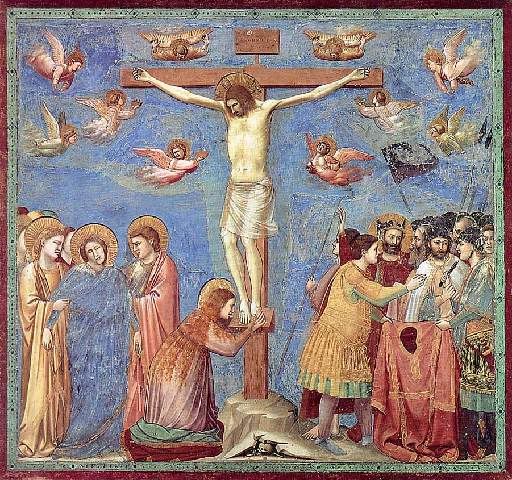
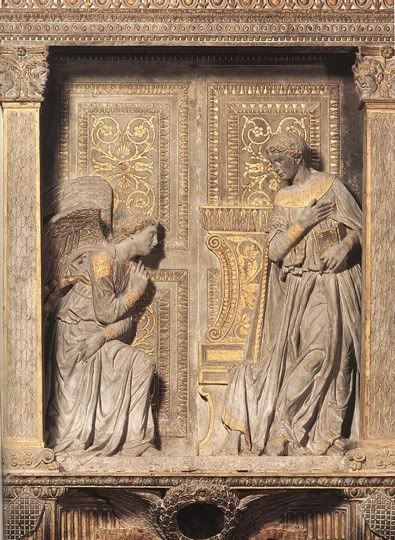
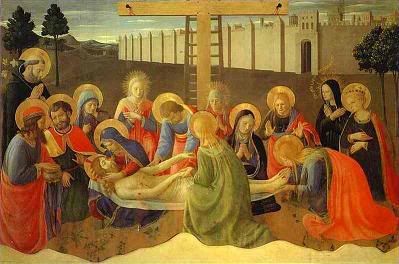
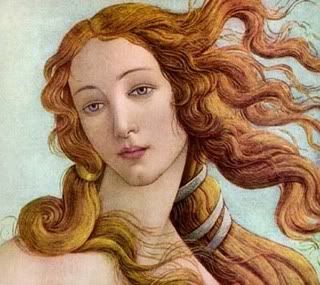
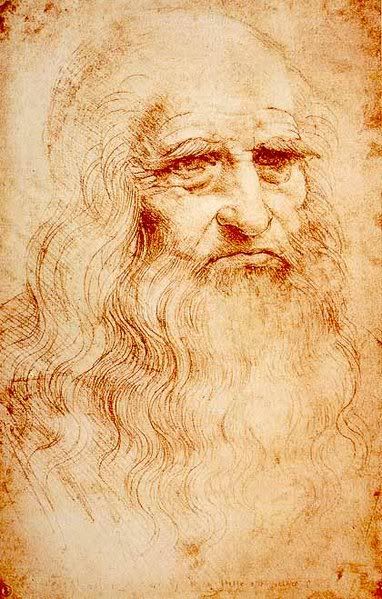
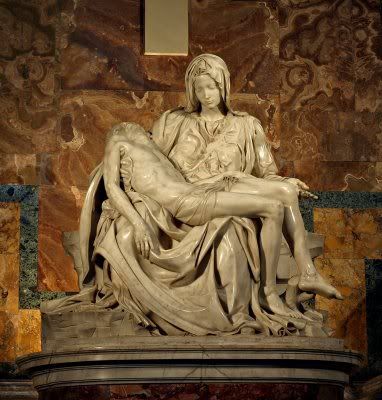

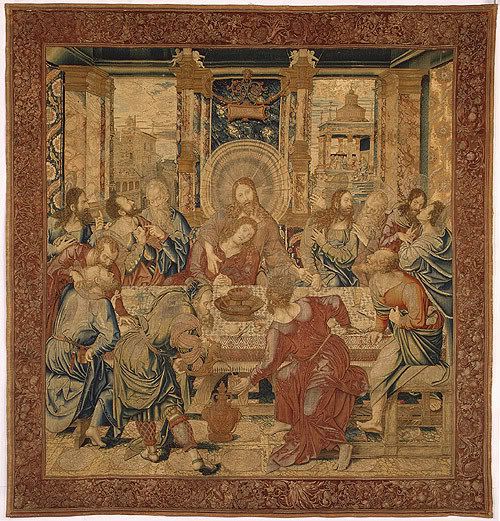
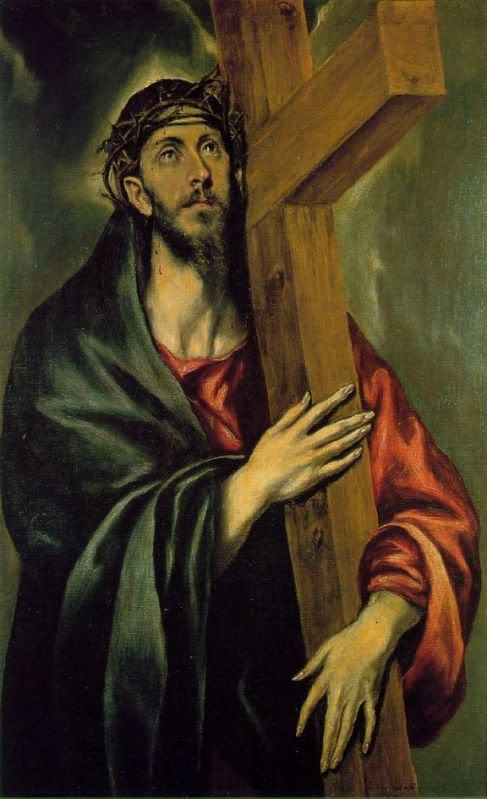


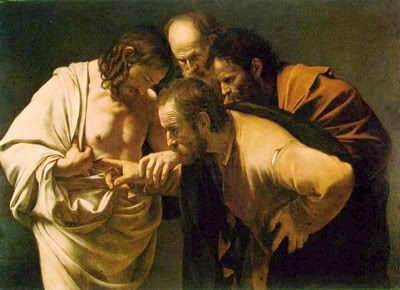
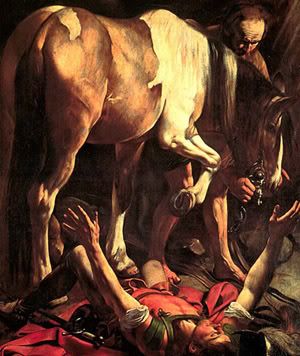
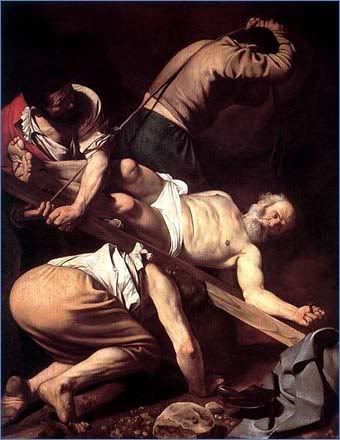
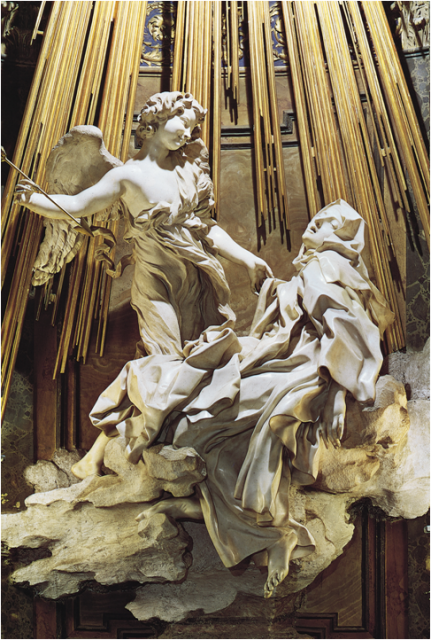
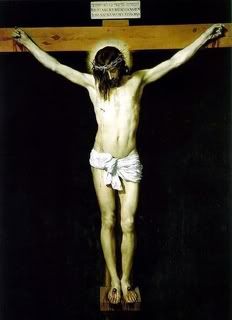




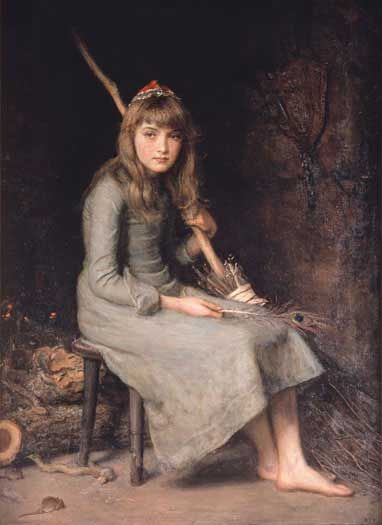


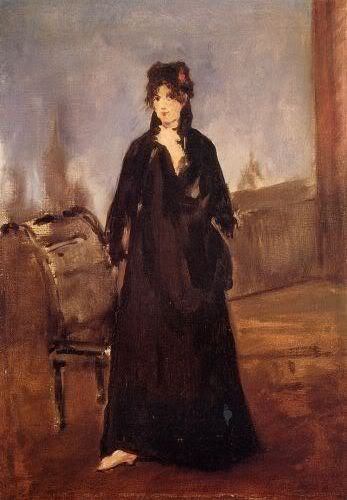
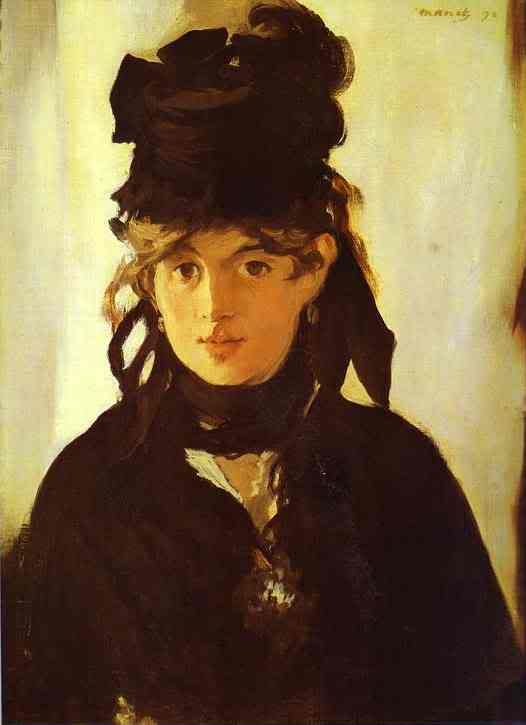



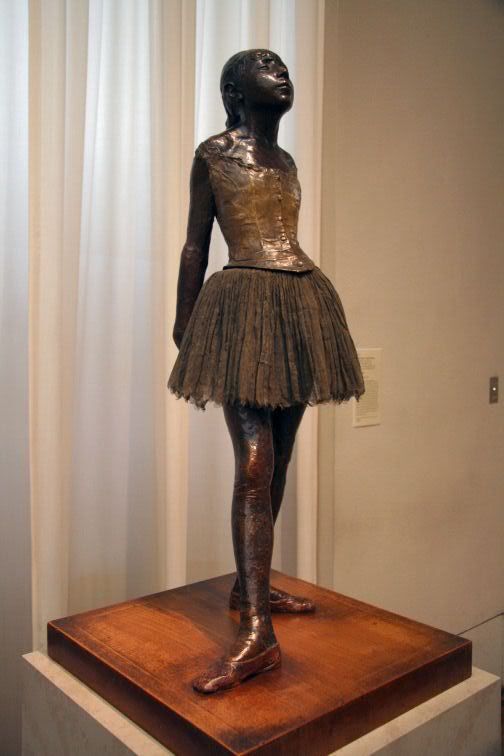
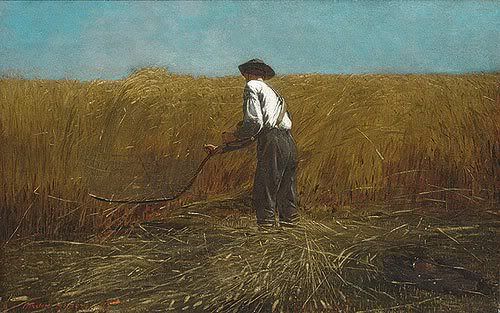





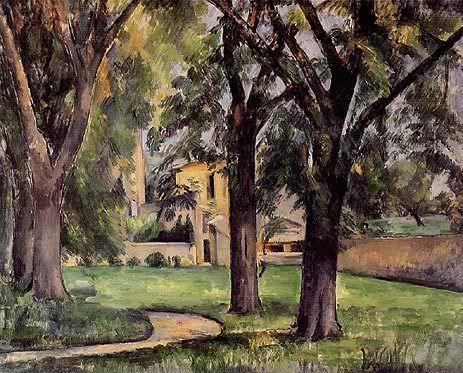






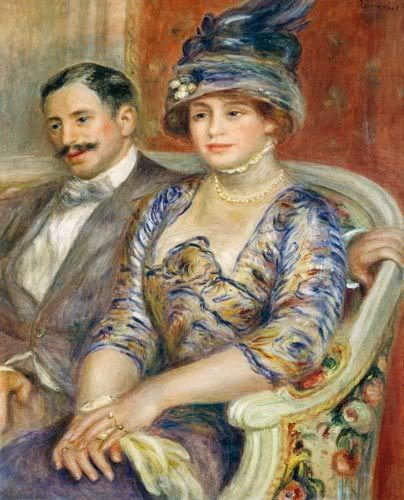
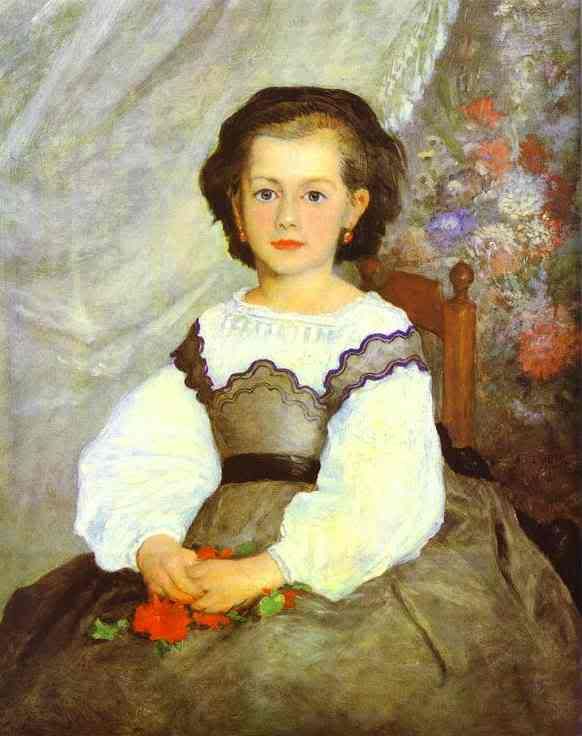
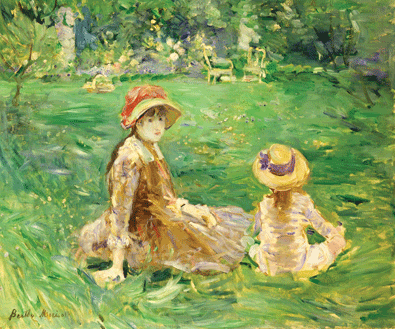
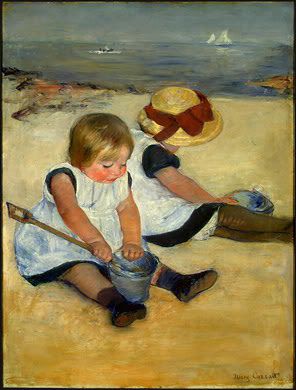
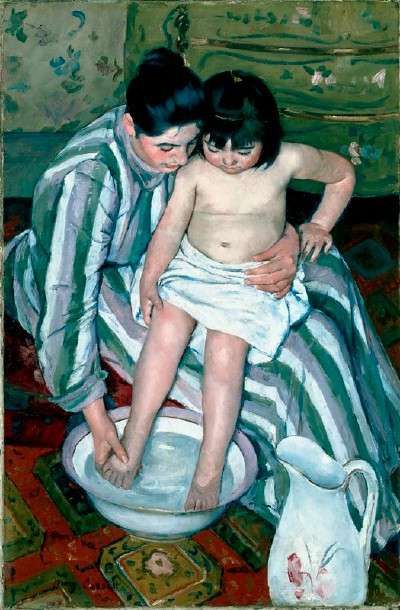

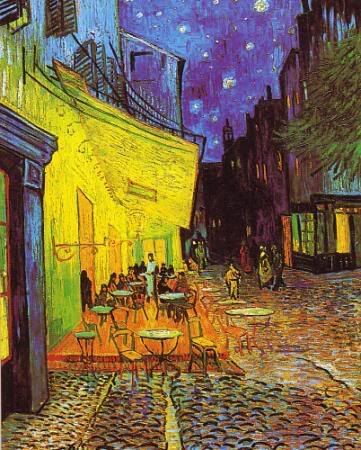


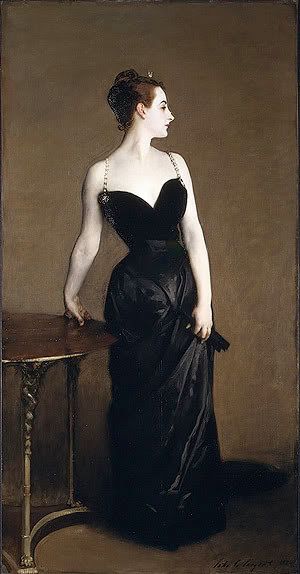





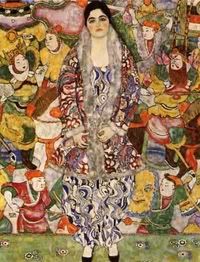

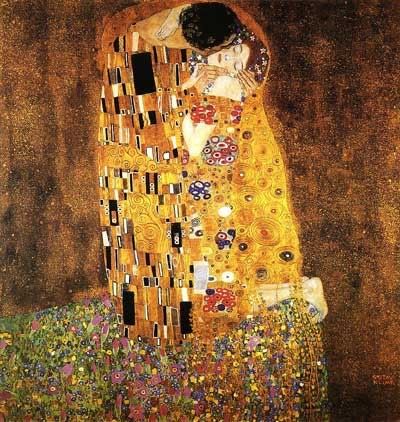


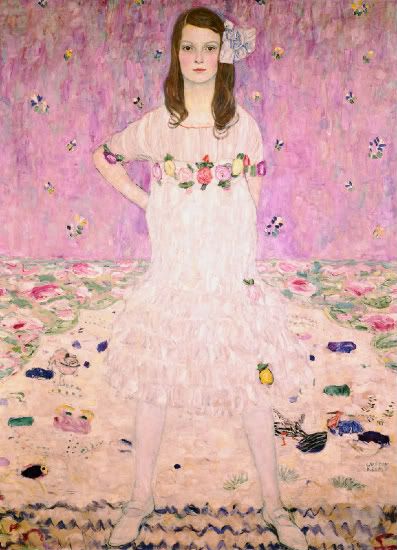







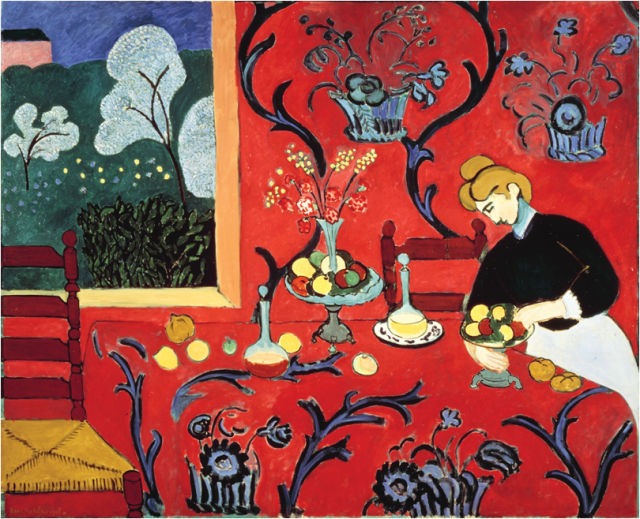






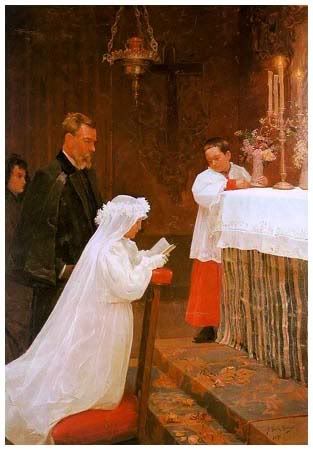




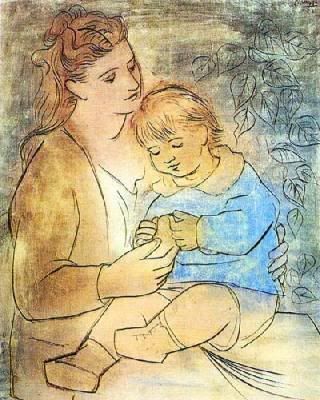

















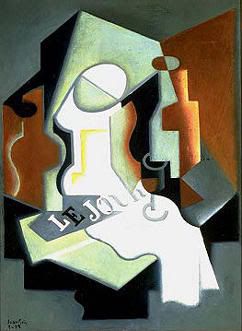


















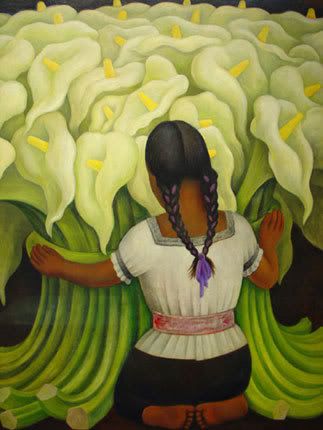




















No comments:
Post a Comment